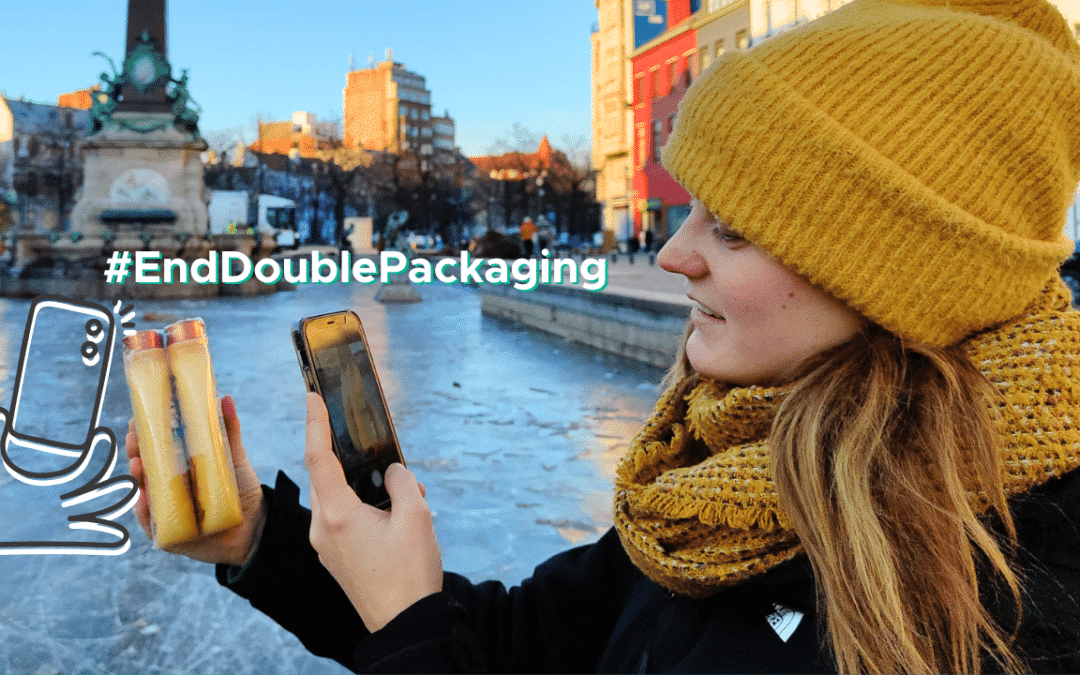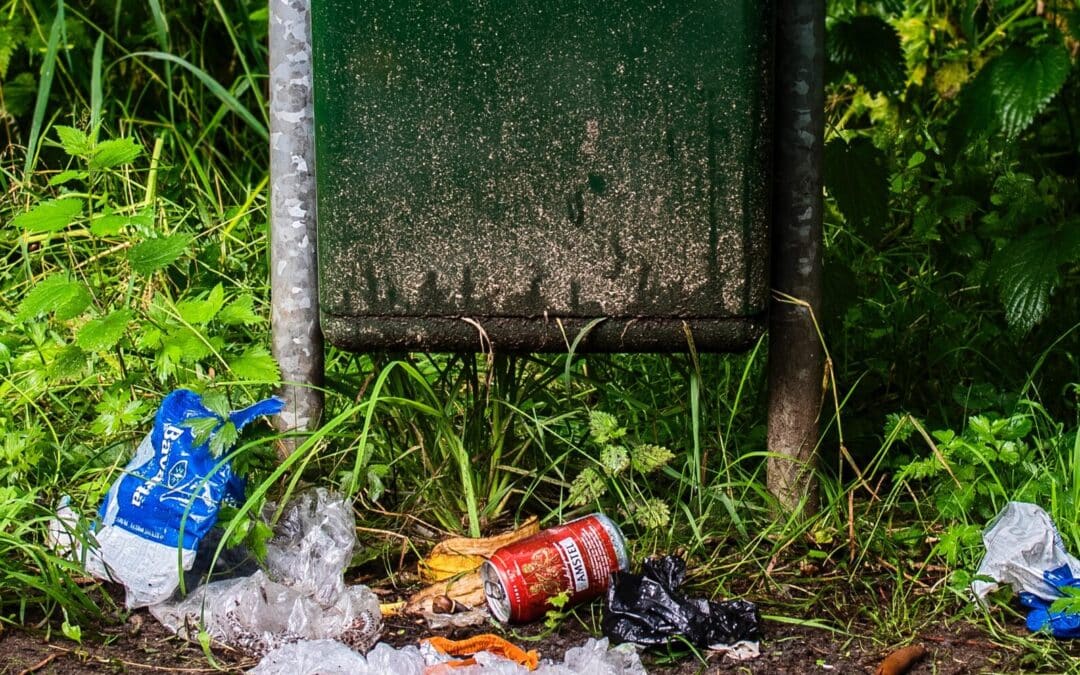The directive contains important measures:
– Producers of certain single-use items containing plastic, such as cigarettes, balloons, specific food containers and drink containers will have to pay the clean-up costs of litter (extended producer responsibility, in article 8 of the directive). This starts from January 2023 for packaging and cigarette buts and the end of 2024 for wipes and balloons.
This is a good measure, says environmental NGO Recycling Netwerk Benelux, as it will push companies to seriously work on better prevention and effective collection systems. It is more fair than the current situation, where local authorities and thus taxpayers pay the bill for the clean-up costs of litter.
– The EU Members States will have to separately collect 90% of plastic bottles from 2029. “This is a very effective target to keep plastic bottles out of nature and our seas. Practically speaking, this rate of collection implies the implementation of deposit-return systems, which have proven their effectiveness in Norway and Germany. Until now, countries like the Netherlands and Belgium were still reluctant regarding deposit-return systems”, says Recycling Netwerk.
– The Directive states that all new plastic bottles have to contain a minimum of 30% recycled content in the year 2030. This decision will boost the market demand for recycled material and fire up the circular economy of plastics.
– The following single-use plastics will be banned: straws, cotton buds, drink stirrers, cutlery and plates, beverage cups and food containers made from expanded polystyrene, and the so-called oxo-degradable plastics.
– For certain food packaging containing plastic, like the single-use beverage cups at Starbucks and the fast-food containers at McDonalds, Member States are obliged to
realise a consumption reduction. This means that those companies will have to make a switch to alternative materials and reusable packaging.
The negotiations are led by EU Commissioner Frans Timmermans and MEP Frédérique Ries.
These European targets are minimum requirements for the EU Member States. It will be interesting to see which countries will take the lead in adopting them, as this circular economy on plastics implies a fair share of new business opportunities.
More information: The press release of the European Commission
Related articles: Euractiv, EU nails rapid-fire deal on single-use plastics, 19/12

![[Position paper] On the road to ambitious Deposit Return Systems all over Europe](https://fairresourcefoundation.org/wp-content/uploads/2024/04/alexandre-lallemand-Pcs3mOL14Sk-unsplash-1080x675.jpg)

